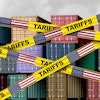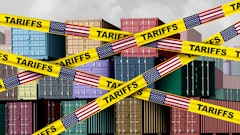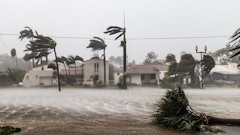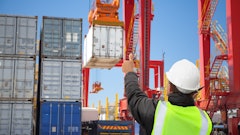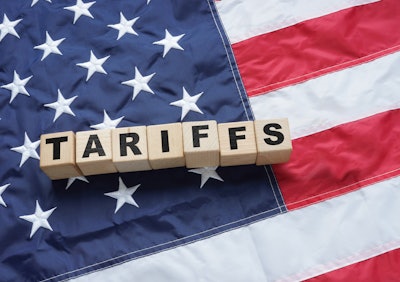
The fast-changing geopolitical landscape is creating new risks and challenges for a shipping industry already juggling the energy transition and the legacy of the COVID-19 pandemic, according to Allianz Commercial’s Safety and Shipping Review. Furthermore, the ripple effect of increasing protectionism and tariffs threatens to remake supply chains and shake up established trade relations.
“The relevance of political risk and conflict as a potential cause of maritime loss is increasing with heightened geopolitical tensions. Total losses from traditional causes may have reduced over time, but we could be in a position where this positive trend is potentially offset by war and other political-related exposures. As an industry, we are in a better position with regards to traditional risks, but there is a renewed focus on geopolitical risks,” says Captain Rahul Khanna, global head of marine risk consulting, Allianz Commercial.
Key takeaways:
· Given 90% of international trade is transported across oceans, these developments are concerning.
· The shipping industry has made significant improvements when it comes to maritime safety in recent years. During the 1990s the global fleet was losing 200-plus vessels a year. This total had halved 10 years ago and is now down to a record low of 27 as of the end of 2024 (from 35 in 2023).
· China has been the biggest target of the protectionist measures of the U.S. administration with tariffs reaching 145%, before both countries agreed to reduce them for 90 days. Developments have significantly impacted global maritime trade with approximately 18% of it subject to tariffs as of mid-April 2025, compared with 4% in early March, and dramatic declines in shipments reported in the immediate aftermath of the “Liberation Day” announcements.
· While the future of U.S. trade-focused policies remains uncertain, another phenomenon is posing an increasing challenge for the maritime and insurance industry: the shadow fleet. Since the start of the war in Ukraine, the size of the shadow fleet has grown significantly. Today, around 17% of the world tanker fleet is thought to belong to the shadow fleet: estimates indicate there are close to 600 tankers trading Russian oil alone. Shadow fleet vessels have been involved in tens of incidents around the world including fires, collisions and oil spills.
· Large vessel fires are still a major concern for hull and cargo insurers. There were seven total losses reported across all vessel types during 2024, the same number as a year earlier. The number of incidents overall was up year-on-year to a decade high of 250, again across all vessel types. Around 30% of these fire incidents occurred on either container, cargo or roll-on roll-off vessels (69). More than 100 total losses of vessels have been caused by fires in the past decade.



